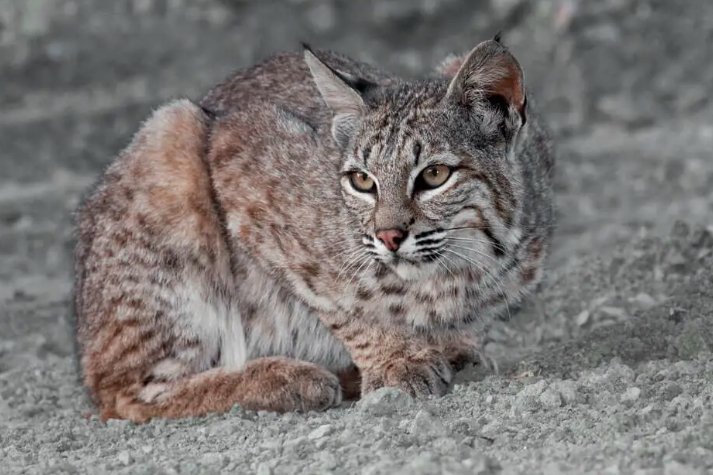In a significant blow to wildlife activists, Coloradans voted to reject Proposition 127, a measure that would have banned the hunting of mountain lions, bobcats, and lynx within the state. While the initiative gained momentum among animal rights groups, it faced strong opposition from hunting organizations and rural officials, particularly in areas like Mesa County, where 66% of voters cast their ballots against the proposal.
A Divided Vote: Statewide vs. Local Results
While Proposition 127 failed to pass, the vote split was notably close on the state level. Across Colorado, 55% of voters rejected the measure, but the outcome wasn’t as clear-cut in more rural areas. Mesa County, known for its strong hunting traditions, overwhelmingly voted against the proposition, with a staggering 66% of residents opposing the ban. The contrasting results underscore the deep divide between urban and rural perspectives on wildlife management.
Supporters of the ban, such as wildlife activists and organizations like Cats Aren’t Trophies, pushed for stronger protections for the state’s big cats, arguing that hunting these animals for sport or trophies is both inhumane and unsustainable. However, the initiative faced fierce opposition from hunting groups and rural government officials, who argued that the ban would undermine the state’s ability to manage wildlife populations effectively.
“Rural Colorado should be happy, and wildlife lovers should be happy too because CPW (Colorado Parks and Wildlife) still has the tools to effectively manage wildlife in Colorado,” said Cody Davis, Mesa County Commissioner, who led the opposition to Proposition 127. Davis and other opponents argued that banning the hunting of these species would interfere with wildlife management practices already in place.

The End of the Road for Prop 127, But Not the Fight
Despite the setback, supporters of Proposition 127 are not backing down. Samantha Miller, Campaign Manager for Cats Aren’t Trophies, made it clear that the movement will continue pushing for what they see as necessary reforms. “This isn’t the end of our fight,” Miller said. “We’re going to work with Colorado Parks and Wildlife to create meaningful reform. How do we get them to recognize that this is backed by science? They know that already. They’ve conceded that.”
Miller’s comments reflect the ongoing tensions between wildlife advocates and state officials. While Colorado Parks and Wildlife has long managed hunting seasons and conservation efforts, some activists argue that current policies don’t go far enough to protect the state’s vulnerable wildlife populations, especially big cats like mountain lions and bobcats.
The conversation around wildlife management in Colorado is far from over. Miller and her allies are now focused on collaborating with state wildlife officials to find ways to protect these species without resorting to an outright ban on hunting. “We’ll be working with CPW to find science-backed solutions for managing our wildlife responsibly,” she added.
Looking Ahead: What’s Next for Wildlife Protection?
For now, Proposition 127 is a political casualty, but the broader conversation about wildlife management and hunting regulations is far from settled. Wildlife activists plan to continue pushing for stronger protections, particularly for predators like mountain lions and bobcats. But the path forward will likely involve compromise and collaboration with Colorado Parks and Wildlife to create a balanced approach that addresses the concerns of both conservationists and hunters.
As the debate moves forward, it remains to be seen how Colorado will continue to manage its diverse wildlife populations and whether new policies will emerge that more effectively balance the needs of both conservationists and the state’s hunting community.












